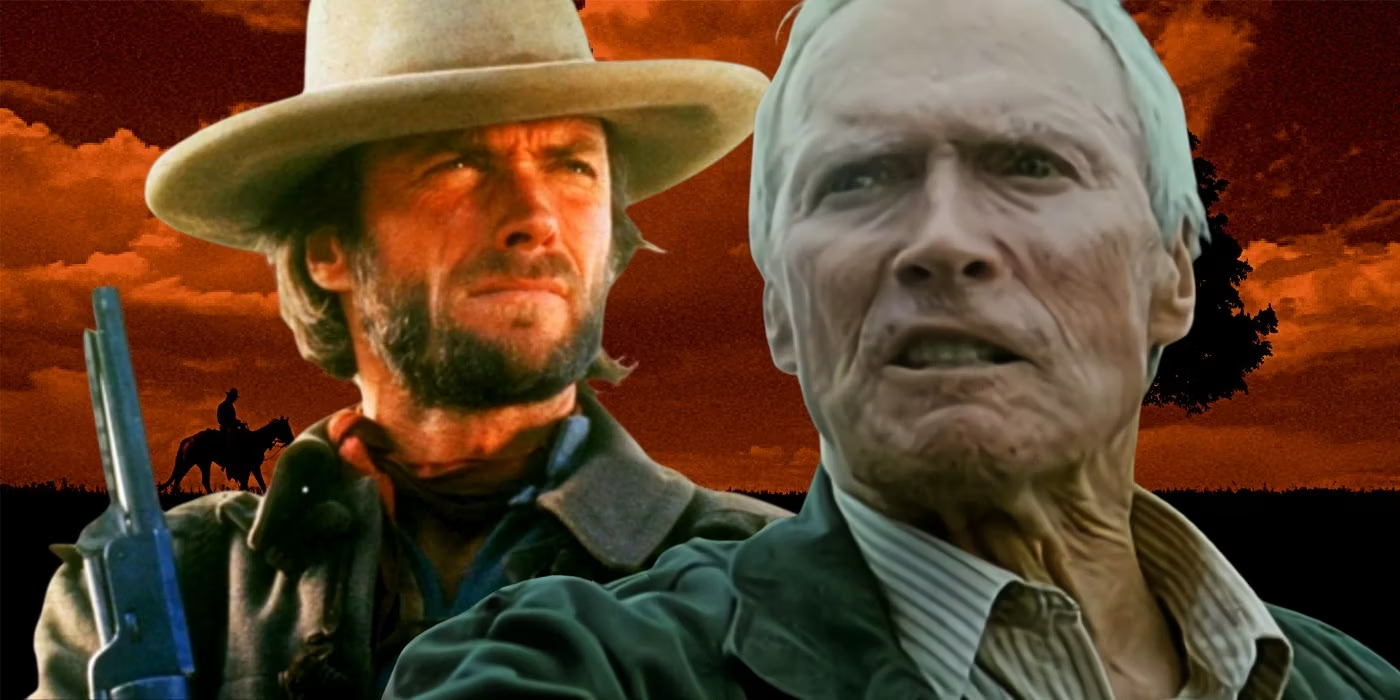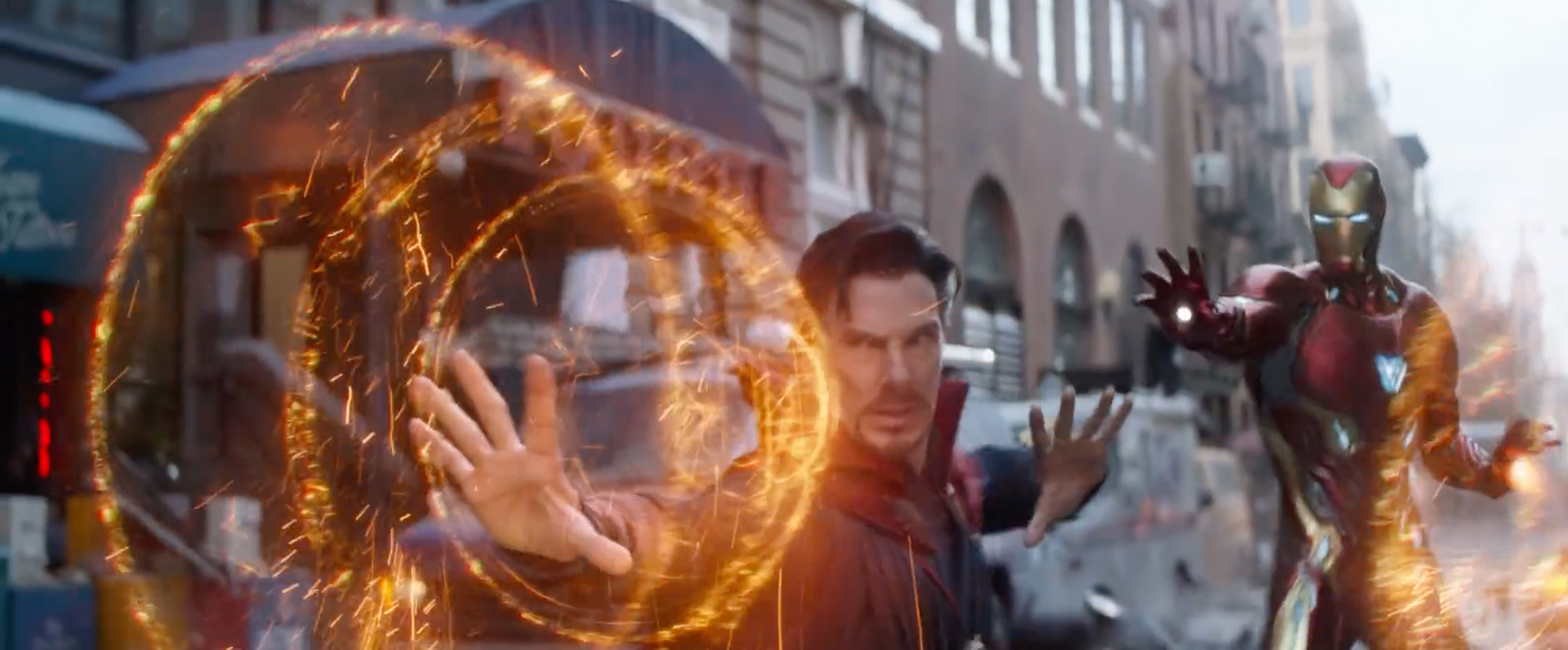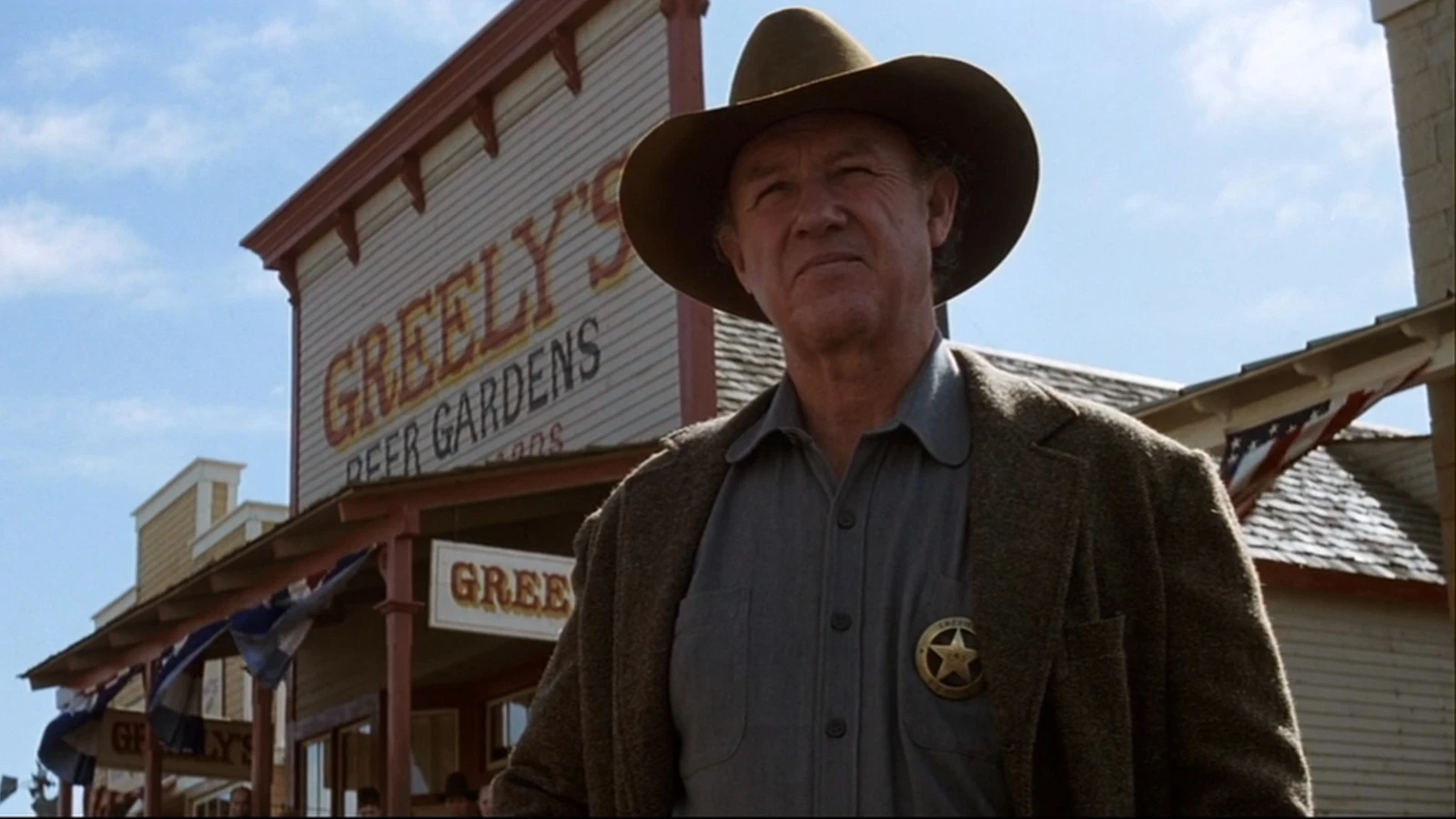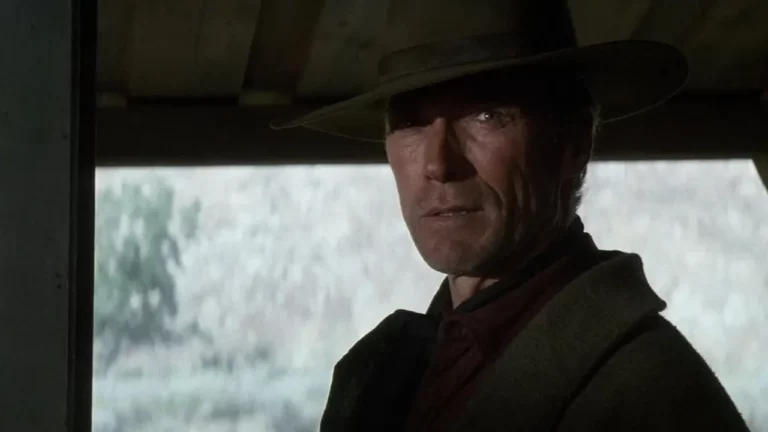In the realm of cinema, villains often steal the spotlight with their complex personalities and consequential decisions. Clint Eastwood’s insights into his favorite movie antagonist, Gene Hackman’s portrayal of “Little Bill” Daggett in the 1992 Western masterpiece Unforgiven, highlights a peculiar admiration for a type of villainy that transcends the traditional boundaries of good and evil. This revelation brings an interesting parallel to the fore, juxtaposing Daggett with Marvel’s infamous Thanos, portrayed by Josh Brolin in Avengers: Endgame (2019).

The Unseen Virtue in Villainy: Eastwood on Hackman’s “Little Bill”
Gene Hackman’s Oscar-winning performance as the sheriff of Big Whiskey, Wyoming, brought a nuanced dimension to the archetype of the film villain. Unlike typical antagonists clad in darkness, Daggett’s evil stemmed from what he perceived as a pursuit of the greater good. Clint Eastwood, reflecting on the character, appreciated this divergence from cliché.
“He had this small town, and he ran it with a lot of strength… He was building a house and he wanted to sit on the porch and smoke his pipe and watch the sunsets,” Eastwood described to the American Film Institute.
This complexity is vividly illustrated in one of Daggett’s most brutal acts—the merciless beating and subsequent display of Ned Logan’s (Morgan Freeman) body. This act, while horrific, was intended as a stark warning to uphold his version of law and order, painting a portrait of a man who saw himself not as a villain, but as a guardian.

Thanos: A Cosmic Reflection of Daggett’s Ideals
The comparison of Daggett to Thanos might initially seem far-fetched given their vastly different scales of operation—one a small-town sheriff, the other a cosmic warlord. However, both characters are bound by a common thread: the belief in their actions as necessary for the greater good. Thanos, with his genocidal ambition to balance the universe by halving its population, shares Daggett’s utilitarian philosophy where the ends justify the means.
“Both the villains agreed that the end would justify their horrible means,” the narrative aligns, highlighting a shared vision that is both destructive and delusional.
Thanos, much like Daggett, retires to what he considers a peaceful existence after achieving his cataclysmic goal, only to meet a violent end—mirroring the illusions of peace that both characters chase.

The Villain as a Visionary?
Clint Eastwood’s affection for such characters underscores a fascination with the villain as more than just a foil to the hero but as a pivotal figure whose flawed vision of utopia challenges both the protagonist and the audience. Whether it’s the stark plains of Wyoming or the vast reaches of space, the essence of these antagonists forces us to ponder the morality of their convictions and the profound impact of their choices.
As the lines between hero and villain blur, characters like Little Bill Daggett and Thanos continue to captivate and provoke, suggesting that perhaps the most intriguing narratives are those that dare to humanize the villain. Indeed, placing Thanos alongside Daggett in Eastwood’s gallery of memorable villains not only enriches our understanding of their characters but also challenges us to reflect on the nature of evil itself.
